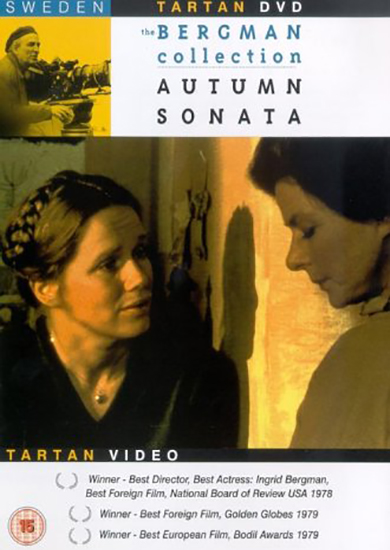
Cala is a small, enterprising, label owned by the conductor Geoffrey Simon. Of the three discs under review, the starting point for newcomers must go to the CALA release. Her compositions would certainly leave the old ladies unruffled on the front row! She does not write big tunes for her soloists in the way Alwyn or Walton did - parts for her soloists tend to be rather spiky but cushioned by a lyrical underpinning in the orchestra. To my ears her music is modern but approachable, sensitive and responsive without any sudden unnecessary dramatic outbursts that leave you wondering what on earth hit you. Thea may have started out being influenced by Schoenberg, Webern and her teacher William Glock but that is not how I hear her music at all (I have not heard any of her operas). She married and became resident in America and is still actively composing, often with a particular artist in mind such as Victoria Soames in the bass clarinet concerto or as in Helios written for Nicholas Daniel and the Scottish Chamber Orchestra, both works are featured on the recordings under review, performed by their dedicatees. Since then she has forged her own path, her major output being eight operas although no recordings are available as far as I am aware.
Autumn sonata thea musgrave serial#
Eventually, she found that style of composition limiting and inexpressive and unsuitable for opera which has been her main output and her last serial composition was Sinfonia of 1963. In 1958 she attended Tanglewood and met Aaron Copland and Milton Babbitt ,and her work became quite experimental. Her compositions of the 1950's tended towards chromaticism and the chamber opera The Abbot of Dimmock (1955) incorporated Schoenbergian sprechstimme. At a 1953 Dartington Summer School she met William Glock and through his advocacy became aware of the late Viennese serial composers, Schoenberg and Webern, and also the compositions of Charles Ives, whose influence can be heard on The Seasons on two of the present discs. Her early compositions were tonal, a style to which she later returned. Thea Musgrave (1928 - ) read music at Edinburgh University under the guidance of Sidney Newman and Hans Gal and then studied with Nadia Boulanger in Paris for four years (1950-1954).


All three are performed most fittingly by Scottish orchestras and one is conducted by the composer. Two of the discs duplicate a major work and the third has a less than satisfactory, or apposite, coupling. For many composers we have a surfeit of discs to choose from for Thea Musgrave we have only three and these come with reservations - not, I hasten to add, over the performances or the recordings, but over choice of couplings. Thea Musgrave Horn Concerto with Elgar Symphony No.1 Michael Thompson (horn), The National Youth Orchestra of Scotland conducted by Bramwell Tovey NYOS 004 Thea Musgrave The Seasons, Helios, Night Music Nicholas Daniel (oboe), Scottish Chamber Orchestra conducted by Nicholas Kraemer Collinsđ5292

Film Music Recordings Reviews - November 1998 Thea Musgrave: 3 recordings Len MullengerĬlassical Editor: RobBarnett Founder Len Musgrave Concerto for clarinet and orchestra, The Seasons, Autumn Sonata (Bass Clarinet concerto) Victoria Soames (clarinet and bass clarinet), BBC Scottish Symphony Orchestra conducted by Thea Musgrave


 0 kommentar(er)
0 kommentar(er)
